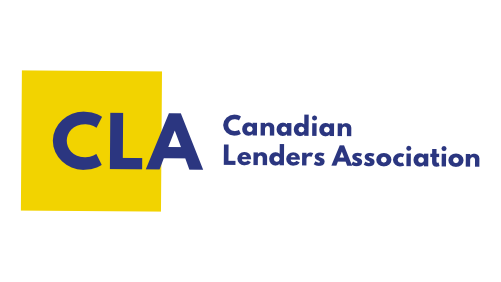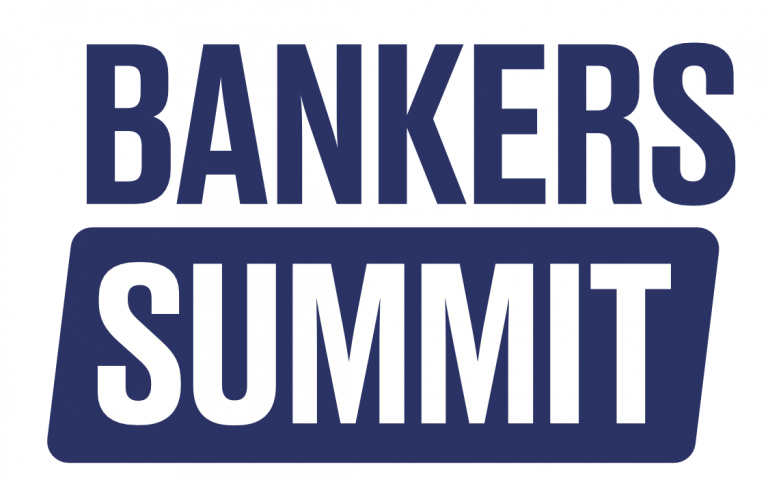Open Banking in Canada: Risk vs. Innovation
As Canada moves to adopt an Open Banking framework, all stakeholders are hotly debating the potential impacts, inherent risks, and the various strategies to mitigate concerns. The Canadian Lenders Association (CLA) was asked to attend the Open Finance Network of Canada (OFNC) panel titled “Empowering Financial Stability: How Consumer-Driven Finance Enhances Risk Management,” bringing together experts to explore the complexities of open banking in Canada. Here are some of the insights from this panel as it explored the risks and rewards of the new framework.
The Human Factor
The panel began by examining how human behavior influences financial decisions. Michelle Hilscher from BEworks highlighted the crucial role of consumer behavior in financial innovation. She explained that people naturally prefer options that feel safe, likening this to choosing a medium-sized coffee for its balance. This tendency underscores the importance of designing financial products that are intuitive and align with human instincts, leveraging insights from behavioral economics. As open banking offers more choices, ensuring these options are easy to navigate and make sense to consumers is key to guiding them towards beneficial decisions.
The New AML Shop
The interconnected nature of Open Banking amplifies the risks of fraud and data breaches, posing significant challenges to privacy and security. Matt McGuire from The AML Shop discussed the cascade of issues a single false ID can trigger across the banking ecosystem. The panel also addressed the vulnerability of individuals to social engineering, emphasizing the complexity of safeguarding consumer interests against such threats. The need for secure data sharing methods and the adoption of technologies like AI and ML for fraud detection was highlighted as crucial for maintaining a secure system.
Consumer Trust and Literacy
Building consumer trust through secure and intuitive platforms was identified as a priority. Creating a platform where consumers confidently share their financial data, knowing who has access, is vital. This effort not only improves security but also fosters transparency and trust between financial entities and clients. Educating consumers about safe practices and the workings of Open Banking is equally important for enhancing literacy and safeguarding against fraud. Who will be the flagbearer of this need for financial literacy?
International vs. Canadian-Grown Regs
The panel called for comprehensive, clear, and enforceable regulatory standards to address security, privacy, and data sharing concerns, emphasizing the need for regulations that can adapt to rapid technological advancements. Drawing on international examples, the discussion advocated for a regulatory framework that aligns with Canadian values while incorporating global best practices, ensuring a secure and consumer-protective approach to open banking.
A collective call to action was made for regulators, financial institutions, and fintech companies to collaborate on fostering consumer literacy. This initiative aims to equip consumers with the knowledge needed to navigate the digital banking landscape safely, protecting them against fraud.
The insights from the OFNC panel underscore the delicate balance between fostering innovation and managing risks in open banking. As Canada moves forward, principles of transparency, security, consumer empowerment, and adaptable regulation will be crucial. By prioritizing consumer interests and carefully managing the balance between progress and protection, Canada can pave the way for a financial ecosystem that is not only open but also secure, inclusive, and resilient.
At the Canadian Lenders Association all our members are affected by an advanced open banking framework. Our Open Finance Roundtable is exploring what a mature API marketplace will look like in Canada based on best practices in more mature markets.
Join the conversation in-person and be apart of the ongoing innovation in lending:
On May 15th, 2024, discover how next-gen FIs are partnering with fintech to accelerate innovation. Join over 500 banks, credit unions and fintechs in our networking hall building partnerships. The expert panels will take a deep dive into Core Modernization, BaaS, Embedded, Sustainable Finance and much more. Register here.



